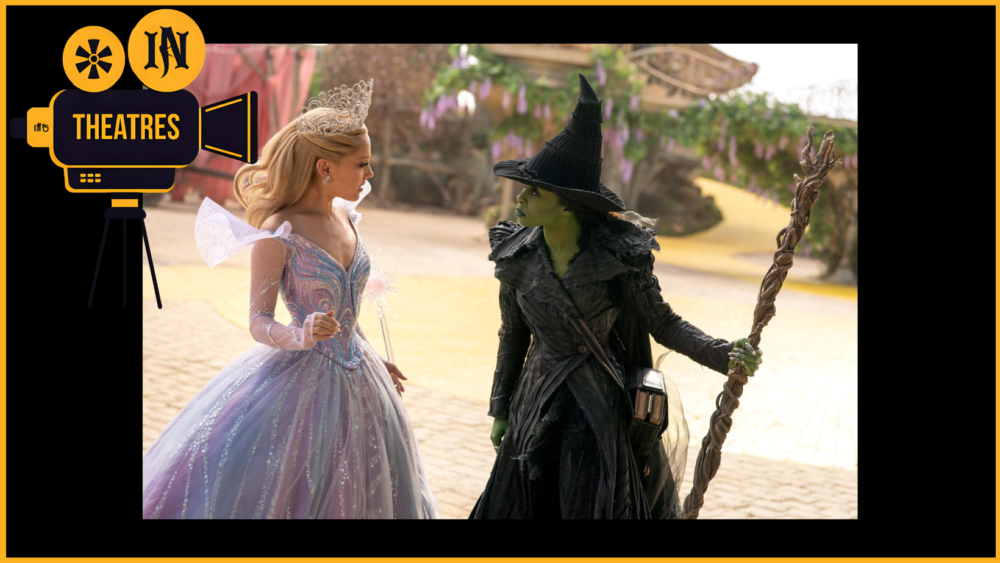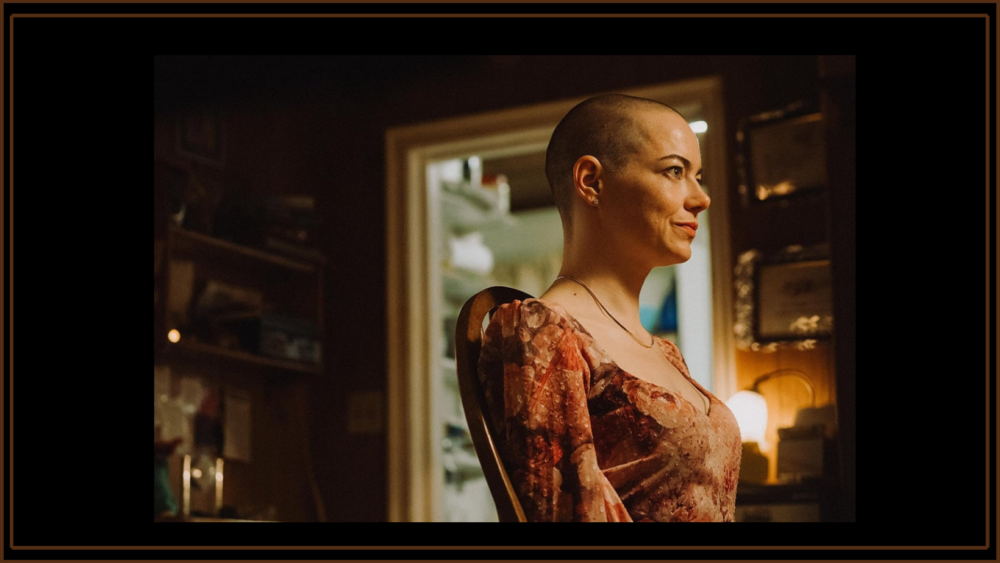People living with disabilities have always had to fight for proper representation in the media. Even as more roles are written to represent the disabled population of the world, observers such as the New York Times have found the actual number of disabled actors being cast continues to remain at low levels. While the roles are there, the acceptance and understanding of disabled actors isn’t. With lockdowns now folding away and the constraints that prevented full involvement of the acting community removed, the time is ripe for change that will benefit people with disability within the media.
Understanding needs
People living with disability often have enhanced needs that are not often met, especially in fast-paced industries like film-making. As advocates, such as the Cerebral Palsy Family Network notes, people living with disabilities such as cerebral palsy require a lifetime support network and a mix of physical and cognitive therapies. None of this is impossible for the support system in Hollywood to contend with, however, and indeed these needs are often straightforward to meet. Often, what’s most needed is understanding. Breaking Bad star RJ Mitte, one of the most high-profile disabled actors, noted in a Daily Orange profile that support is crucial. People being willing and able to make adjustments will help to raise the profile of disabled actors.
Focusing efforts
Hollywood has come a long way when it comes to promoting disabled actors, but not all of the media performs equally. According to Variety, a Nielsen study has shown that TV is lagging far behind film when it comes to the level of disability representation on screen. While the number of depictions of people living with disability has increased 175% over the past decade, equality of access to actors remains of poor quality. TV is perhaps under even greater pressure than film to churn out results, especially in mass-produced show formats and popular sitcoms or serials.
Benefits for producers
Providing proper representation for disabled people is important on a basic ethical level. Society will benefit from good representation, and the quality of media will be benefited. What’s more, there’s a lot that producers stand to gain from promoting disabled roles and actors within the industry. According to Scholars and Storytellers, there are significant increases in revenue to be gained from promoting and showing inclusivity in media. With such a huge market of individuals that might be interested to see their life and experiences represented in media, that comes as little surprise. A clear imperative has been presented for media studios to promote people with disabilities in their media, and it’s a need that will continue to need to be met.
Financially, ethically, and morally, it’s right to provide roles that reflect the lives of disabled people and that have disabled actors cast into them. More can be done and promising new trends indicate that it’s finally getting through to producers. TV has a lot more to do, as does film, in reality, but there are signs of real change.





